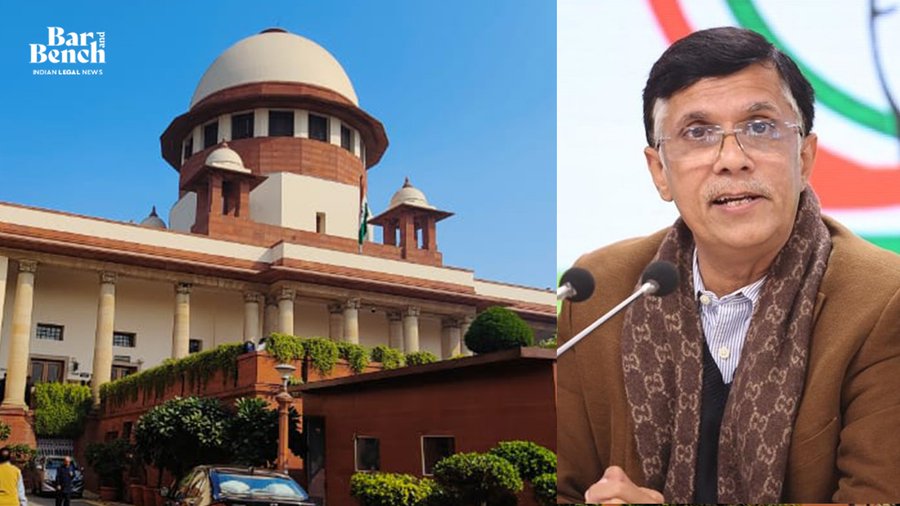Settling scores: On Congress leader Pawan Khera’s arrest
Pawan Khera’s arrest shows how partisan police action is a serious threat to liberty
The brief arrest of Congress leader and its Media and Publicity Department chairman Pawan Khera, after he was deboarded from a Raipur- bound flight, for an allegedly unsavoury remark against Prime Minister Narendra Modi, is yet another instance of how criminal law can be misused to settle political scores. His lawyers managed to obtain an order from the Supreme Court that ensured his interim-bail, but the episode highlights the cavalier use of the power to arrest under political instruction. It is one thing to denounce a comment as offensive or hurtful, but quite another to read into it crimes such as making assertions against national integration, outraging religious sentiments or causing enmity in society. It becomes an egregious misuse of power if police from a distant State travel all the way to effect an unwarranted arrest based on a complaint by someone claiming to be offended. The Assam Police, which had arrested Gujarat legislator Jignesh Mevani in April 2022 for calling Mr. Modi ‘a Godse worshipper ’ on Twitter and produced him before an Assam court, tried to repeat the exercise against Mr. Khera, but were thwarted by the Court. It is disconcerting that the police in Bharatiya Janata Party-ruled States tend to act on complaints relating to events that have nothing to do with their jurisdiction, except for the incidental circumstance that it is reported as news in their geography too, as elsewhere.
Unwarranted insinuations against political leaders are not uncommon when party spokespersons talk to the media, and Mr. Khera’s use of ‘Gautamdas’ as the Prime Minister’s middle name may have touched a raw nerve among Mr. Modi’s supporters who saw in it a sly reference to allegations about his proximity to industrialist Gautam Adani. In fact, Mr. Khera had apologised for his comment. The police often tend to register cases for strident and unsavoury remarks made against those in power. However, the need to arrest someone in such cases is questionable. In most instances, as is the case with Mr. Khera, these comments seldom amount to the serious offences mentioned in the FIRs. Malicious or threatening speech may warrant arrest, but strident criticism or tasteless comments alone should not. Multiple FIRs in different jurisdictions and attempts to arrest those involved are part of a playbook common to rulers in many States. Often lost in the controversy is the fact that effecting arrest on charges that attract less than seven years in prison amounts to a flouting of the norms of arrest. Such egregious violations will continue as long as courts of law limit their protection to grant of bail or clubbing of FIRs, instead of hauling up the police officers and bureaucrats involved for their partisan action.
